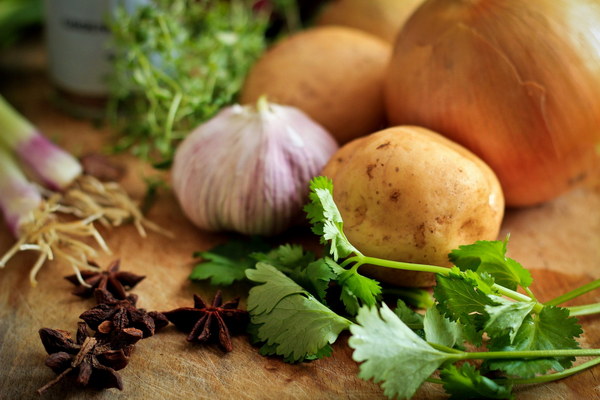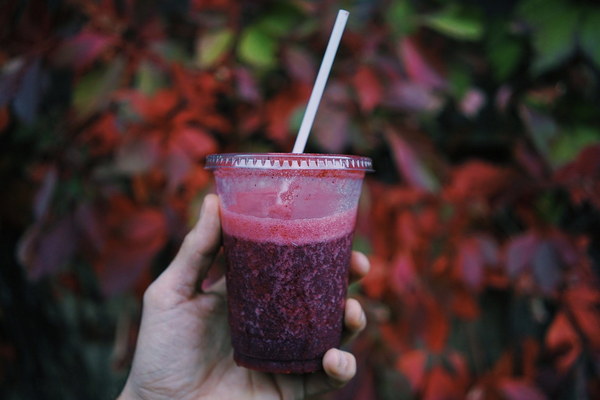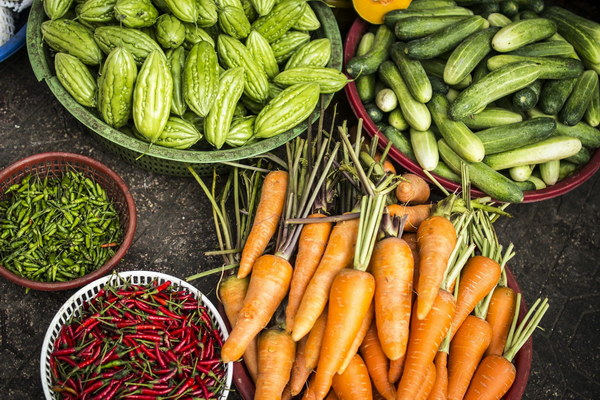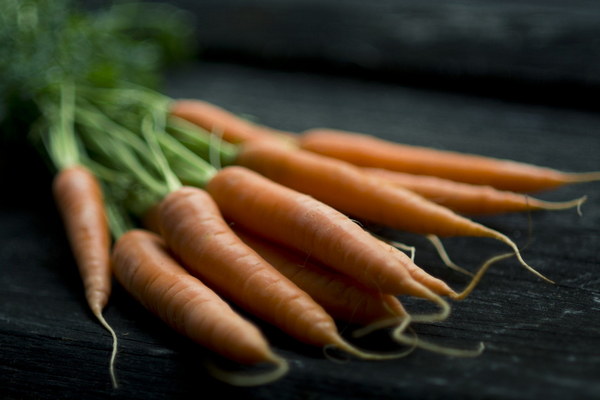How Vegetables Protect Your Liver A Nutritional Insight
Introduction:
The liver is a vital organ responsible for filtering blood, metabolizing nutrients, and detoxifying harmful substances. With its multifaceted functions, it is crucial to maintain its health. Incorporating vegetables into your diet can significantly contribute to liver protection. This article explores the reasons why vegetables are beneficial for liver health and how they can help you maintain a healthy liver.
1. Rich in Antioxidants:
Vegetables are packed with antioxidants, such as vitamins C and E, selenium, and beta-carotene. These antioxidants help neutralize harmful free radicals, which can damage liver cells and contribute to liver disease. By reducing oxidative stress, vegetables can protect the liver from inflammation and fibrosis.
2. Detoxification Support:
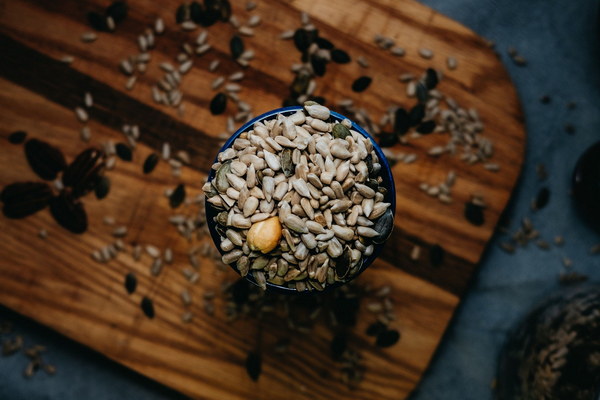
The liver is responsible for filtering and detoxifying harmful substances from the body. Vegetables, particularly leafy greens like spinach, kale, and Swiss chard, contain high levels of chlorophyll, which aids in the detoxification process. Chlorophyll binds to heavy metals and toxins, facilitating their excretion from the body, thereby reducing the liver's workload.
3. Lowers Cholesterol Levels:
Excess cholesterol can lead to the buildup of fatty deposits in the liver, a condition known as non-alcoholic fatty liver disease (NAFLD). Vegetables, especially those high in soluble fiber, can help lower cholesterol levels by reducing the absorption of cholesterol from the intestines. This can reduce the risk of NAFLD and its complications.
4. Supports Liver Enzymes:
Vegetables contain a variety of nutrients that support liver enzymes, which play a crucial role in detoxifying and metabolizing toxins. For instance, sulfur-containing compounds found in cruciferous vegetables like broccoli, cauliflower, and Brussels sprouts can enhance the activity of Phase II liver enzymes, which are responsible for detoxifying harmful substances.
5. Lowers Inflammation:
Chronic inflammation is a significant risk factor for liver disease. Vegetables, particularly those rich in omega-3 fatty acids like flaxseeds, chia seeds, and leafy greens, can help reduce inflammation. These nutrients can also modulate the immune response, preventing excessive inflammation in the liver.
6. Improves Digestion:
A healthy digestive system is essential for maintaining liver health. Vegetables, particularly fiber-rich ones like carrots, beets, and artichokes, promote bowel regularity and reduce the risk of constipation. This, in turn, helps maintain a healthy liver by preventing the reabsorption of toxins that could otherwise be harmful to the liver.
7. Provides Essential Nutrients:
Vegetables are an excellent source of essential nutrients like vitamins, minerals, and amino acids. These nutrients support liver function and help repair damaged liver cells. For example, vitamin A (found in carrots, sweet potatoes, and spinach) is crucial for maintaining liver health and protecting against liver disease.
Conclusion:
Incorporating a variety of vegetables into your diet can significantly contribute to liver protection. Their high antioxidant content, detoxifying properties, and ability to lower inflammation make them a vital component of a liver-healthy diet. By including a colorful array of vegetables in your meals, you can support your liver's functions and reduce the risk of liver disease. Remember, a balanced diet and a healthy lifestyle are key to maintaining optimal liver health.

![Discover the Beauty of Transformation Contact Changyuan Beauty and Skincare Specialist at [Phone Number]!](http://img.bluepurple.cn/a/养生/208/Discover-the-Beauty-of-Transformation-Contact-Changyuan-Beauty-and-Skincare-Specialist-at-Phone-Number.jpg)
